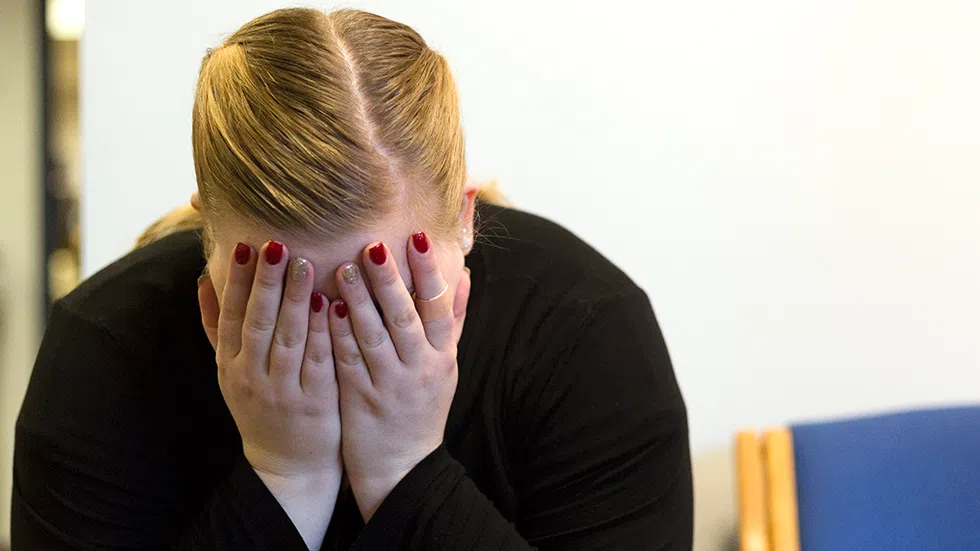
Sexual harassment predominant in Sask: researchers
In light of recent Hollywood claims, a market research company set out to find out how many Canadian women experience sexual harassment.
Abacus Data said Saskatchewan and Manitoba together have the highest numbers of women who’ve experienced sexual harassment in the workplace at 63 per cent, where 56 percent of women polled nationally experienced the same harrassment. The poll also showed 70 percent of respondents thought harassers faced few consequences.
Bruce Anderson, the chairman of Abacus Data, said people are likely to debate the numbers.
“One thing is clear in these results – millions of Canadian men and women say they witness this problem and say there are rarely sanctions to punish inappropriate behaviour,” Anderson said. “If we as a society are tempted to believe that this sort of behaviour is a relic of the past, these results make it clear that this is not the case.”


